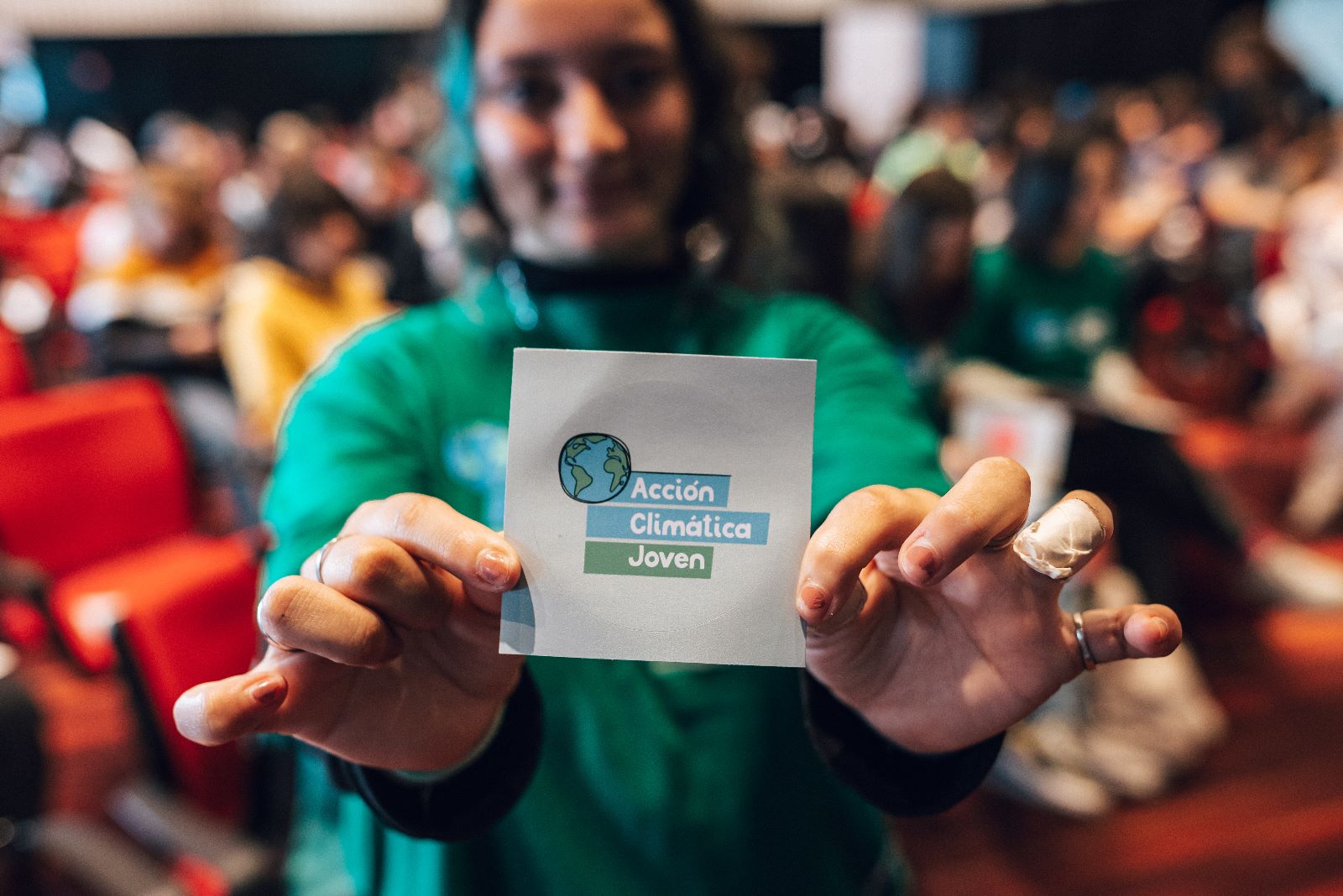Youth, Democracy, and Development: The Key to an Inclusive and Sustainable Future in Latin America and the Caribbean
August 29, 2024

The inclusion of young people in development processes is essential to achieving equitable and sustainable progress. Despite advances in human development over the past decades, inequalities between different regions and socio-economic groups remain a significant barrier in many parts of the world. In Latin America and the Caribbean, where youth represent more than 25% of the population, it is crucial to invest in their inclusion to overcome these inequalities as they are essential agents of change to promote more just, inclusive, and peaceful societies.
In line with this objective and in partnership with the International Youth Organization for Ibero-America (OIJ) and the Development Bank of Latin America and the Caribbean (CAF), the United Nations Development Programme (UNDP) has developed the “Serie Desafíos” (Challenges Series), which identifies challenges and generates recommendations through evidence in the areas of governance, inclusion, and environment aimed at strengthening the institutional framework on youth issues in Ibero-America.
The first booklet of this series addresses governance challenges, identifying that, despite young people in the region having higher education levels and greater access to technology than their predecessors, they are experiencing a trust crisis vis à vis public institution. Nearly 40% of young people between 15 and 25 years old do not trust their governments, reflecting a growing disappointment with current power structures. According to available data, 75.7% perceive that their countries are governed by powerful groups serving particular interests, while only 24.3% believe that governments benefit the entire population. Violence is also a critical challenge, with the region accounting for an alarming 34% of the total violent deaths worldwide, despite having only 9% of the global population.
The second booklet of the “Serie Desafíos” delves into how this lack of trust translates into real obstacles to meaningful youth participation, showing that despite the existence of regulatory frameworks such as the Ibero-American Youth Rights Convention, which recognizes youth as a strategic actor in development, their participation remains limited. Only 3.04% of parliamentarians in the region are under 30 years old, reflecting a lack of youth representation in power structures. It is proposed that to improve inclusion, it is necessary not only to increase youth representation in traditional political structures but also to create and strengthen alternative participation spaces, especially in the digital environment, where youth are already leading social and environmental movements.
The third booklet explores another critical area: environment. This is an area in which young people voices are not only necessary but essential to addressing challenges ranging from deforestation to climate change. The youth, especially young women, are on the front lines of these struggles, facing specific vulnerabilities but also leading change. Young women are particularly vulnerable to environmental crises, with a disproportionate impact of gender-based violence in contexts of environmental degradation. Promoting youth leadership in natural resource management and implementing innovative solutions to address the region's environmental challenges are key actions that lead us to a more sustainable future, highlighting the link between youth and environmental agendas.
In this way, this series follows a common thread: the need for greater youth inclusion and participation in all spheres. From governance to environmental justice, young people have the potential to transform their communities and, therefore, the world. However, for this to be possible, it is crucial that their voices are heard, and they are given the necessary power to act.
How do we promote meaningful and inclusive youth participation? Youth 20 (Y20), the Official G20 Youth Engagement Group, recognizes the fundamental role youth play in public policy formulation and social transformation. As part of the Social G20, it is a fundamental axis in the dialogue with civil society. The Y20 gives young leaders from around the world the opportunity to participate as protagonists in reflection processes on global issues, share experiences and knowledge, argue, negotiate, and build proposals, solutions, and consensus for the discussions and decisions of the G20, the main forum for international economic cooperation.
Within the framework of the International Youth Day 2024, UNDP participated in the Y20 with recommendations from the “Serie Desafíos” promoting a discussion on how to strengthen the role of young people in sustainable development. The booklets not only provide a clear diagnosis of the challenges we face but also a roadmap that invites us to connect the youth's capacity to innovate with decision-making processes, being a key element to addressing the challenges of sustainable development. An effective democracy demands for the inclusion of youth for the creation of an inclusive and sustainable future for all, that leaves no one behind.

 Locations
Locations
